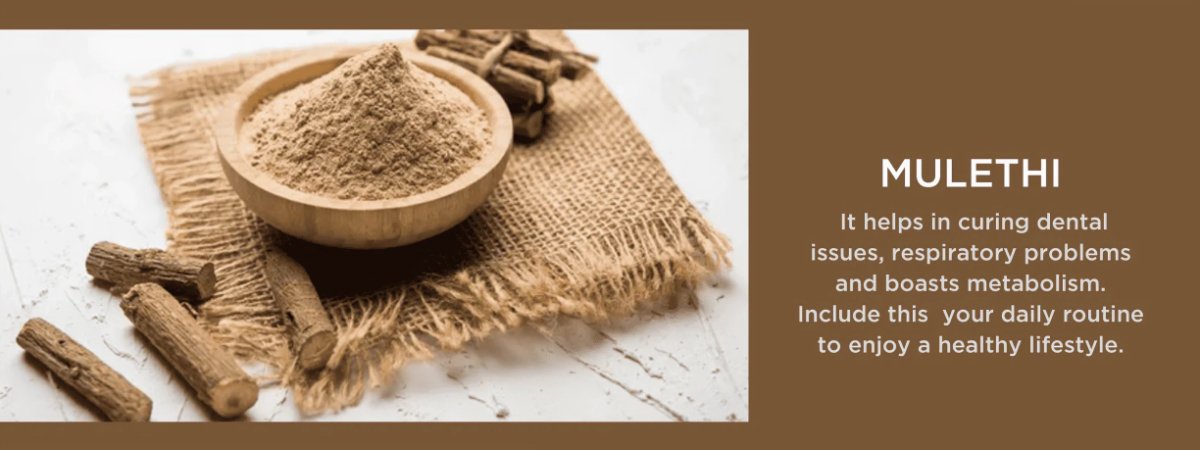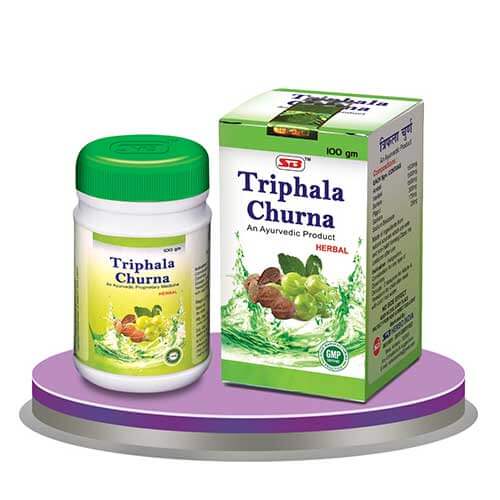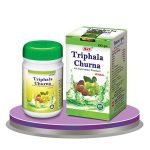Mulethi, also known as licorice in English, is a plant species used in indigenous and ancient medicinal practices. It is known by various names in India and other regions, such as Mustari, Methi Dana and so on. It seems to have been used in Ayurvedic treatments and remedies. Mulethi seeds are again noted as a popular medicine. In addition to Mulethi seeds, its leaves and bark can also be beneficial and have become highly standardized in Ayurvedic treatment and nutrition.
Mulethi Usage
Aids in shortness of breath:-
Mulethi can help with breathing problems and depression. It can be used for breathing problems and depression.
Controlling diabetes:-
Mulethi can be used sweetened or used to help control diabetes.
Fever and Chills :-
Mulethi can be used as a form to treat fever and chills.
Mulethi Sticks :-
One of the easiest ways to get rid of bad breath is to chew the tip of a clean mullethi root.
Usage rules of Mulethi
1. Mulethi herb can be consumed in the form of tea, tablets, capsules or syrup.
2. To make herbal tea, mix a teaspoon of mullethi powder in a cup of hot water and boil for five minutes. Then strain and drink.
3. For tablets, capsules or syrup, follow the instructions as required.
Benefits of Mulethi
Mulethi contains glycyrrhizinic acid, which is a powerful anti-inflammatory. It is effective in treating various diseases like cough, cold, sore throat, digestive problems, high blood pressure, kidney disease, liver disease, allergy, rheumatism and insomnia.Mulethi has anti-oxidant properties. It protects the body from harmful free radicals and prevents cell damage.
Mulethi has anti-viral properties. It helps in boosting immunity against viral infections.
Mulethi has anti-bacterial properties. It helps in boosting immunity against bacterial infections.
Side Effects of Mulethi
Long-term use of Mulethi may cause potassium deficiency. So one should eat food rich in potassium while using Mulethi. Some common side effects are possible with the use of mullein or licorice. However, Mulethi can be used as a small food or in general for Ayurvedic treatment benefits and in general there are no side effects. Apart from mullethi, its seeds, leaves and bark may also react to your preparations, which are likely to be applicable and as such can be used fairly easily.Mulethi is generally considered a safe herb and can be taken in small doses for short periods of time without any adverse effects. Furthermore, chronic consumption of muleti can cause muscle weakness, decreased potassium levels, abnormal heart rhythms, and high blood pressure.










